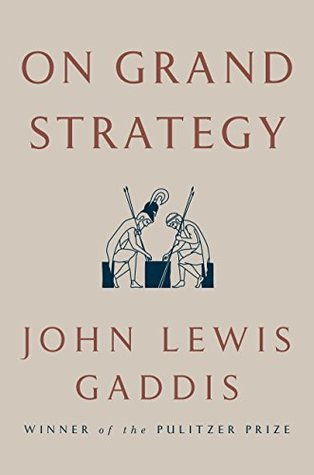But Pericles died of the plague in 429, leaving Athens on the edge of a knife he’d sharpened. On one side was the democratic distinctiveness he hoped to make universal. On the other were the undistinctive brutalities that had hitherto run the world. In an age free from disease, fear, illogic, ambition, and deception, Pericles’ successors might have balanced these opposites. Thucydides would not have expected this, though, “as long as the nature of mankind remains the same.”42 The rest of his history traces the Athenians’ descent from an extraordinary to an ordinary culture. It’s nowhere better
...more
Welcome back. Just a moment while we sign you in to your Goodreads account.


